Liberia
Liberia’s House of Representatives has passed a bill that allows for parliamentary seats to be reserved for women, young people and persons with disability.
According to the Equal Representation and Participation Bill passed on Thursday, five seats are to be reserved for female politicians, one for youths and one for people with disabilities in the nation’s lower house of parliament, according to the United Nations agency U.N. Women.
Women’s rights activists in Liberia welcomed a new law that gives the country’s minority group – women, youth and people with disability – a voice within a key arm of the governance structure, the legislature.
Liberia has a female president in Ellen Johnson Sirleaf who at the recent United Nations General Assembly in New York, spoke about the need to empower women, girls and other marginalized persons in society.
President Ellen Johnson Sirleaf of #Liberia believes that #genderequality is a driver to change the world. #UNGA #Planet5050 pic.twitter.com/oY7Rnn6ydP
— UN Women (@UN_Women) September 23, 2016
“The long-awaited passage of this bill is great news for women in Liberia,” Mary Wandia, programme manager at the rights group Equality Now said.
“Liberian women and girls have been failed for too long on several fronts,” she added.
Despite having first woman freely elected as a head of state in Africa, only one in nine seats in Liberia’s parliament are held by women, according to the World Bank.
The west African nation ranks 40th out of 54 African countries for the number of women in parliament, and 149th out of 191 worldwide, U.N. Women said.
“Girls can aspire to join a space that is welcoming, that expects them. Women will know that Liberia cares to hear their perspectives and include it in decision making,” said Peterson Magoola of U.N. Women said.
A challenge comes with the current legialation according to some civil society watchers who contend that male politicians may seek to persuade voters that aspiring female candidates should be chosen only for the seats reserved for women.



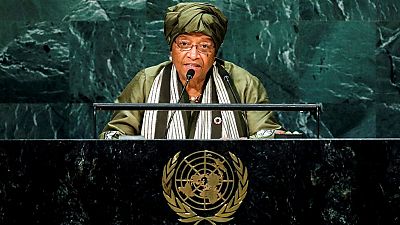




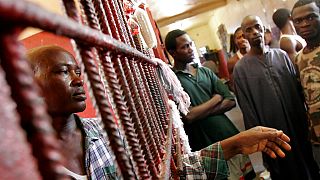
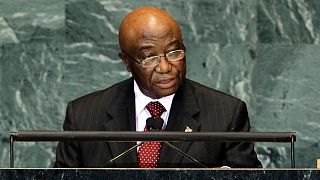
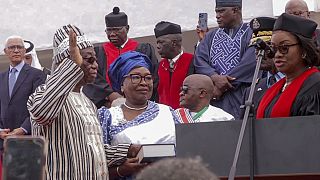
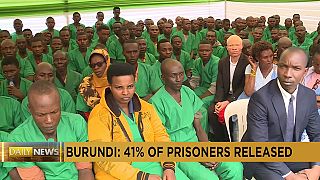
01:00
Senegal's ruling Pastef party claims victory in snap legislative electioins
01:10
Senegal parliamentary elections: Polls open, over 7 million expected to vote
00:59
Senegal parliamentary elections: Former rivals face off again
01:11
Chad's electoral body disqualifies senior ruling party official
01:03
Senegal’s legislative elections: Prime minister calls for retaliation against “attacks” on supporter
00:55
Mauritius' opposition coalition wins parliamentary election with 60 out of 62 seats